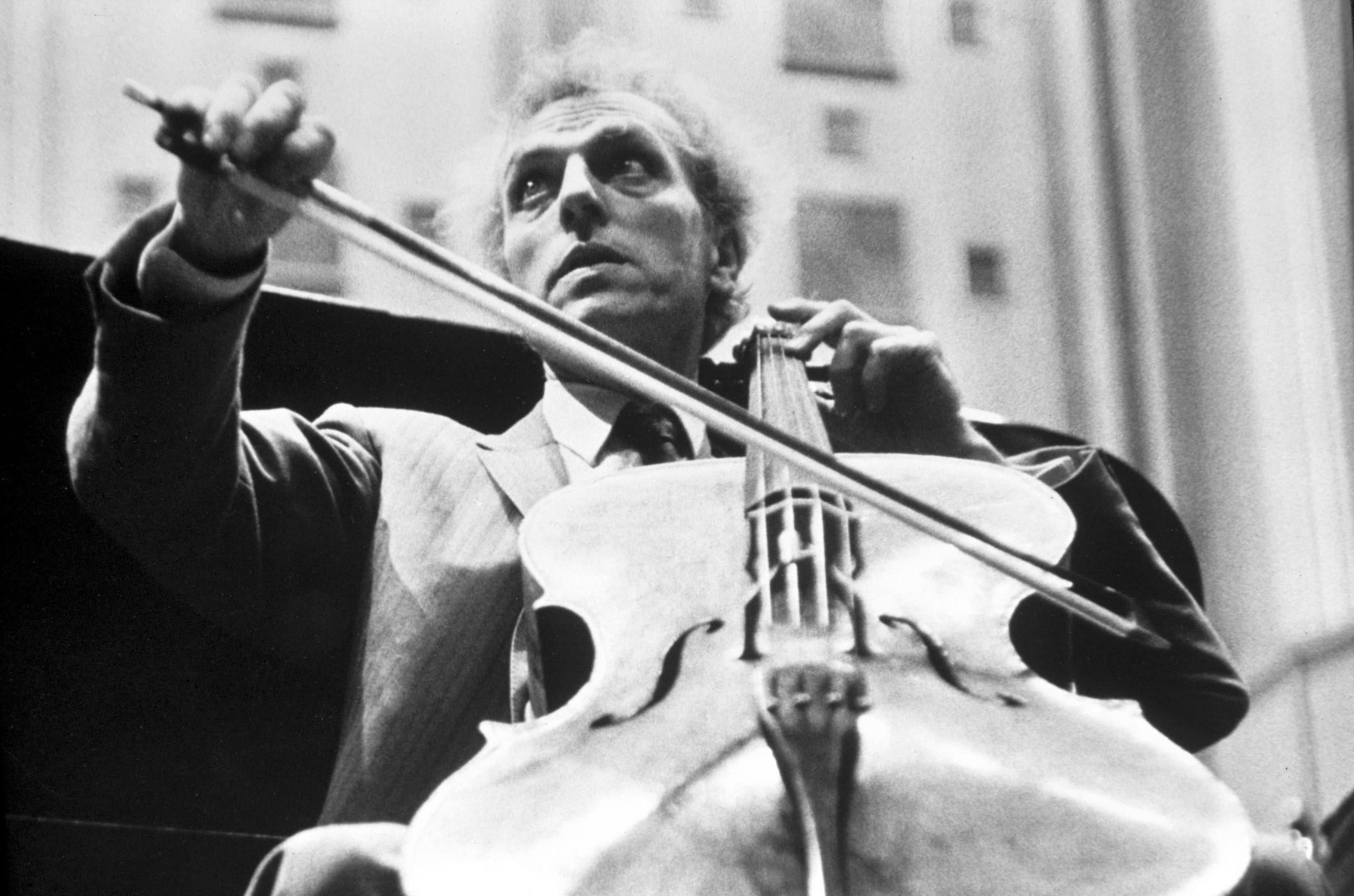Classical reviews: Paul Tortelier and Carl Philipp Emanuel Bach
Paul Tortelier's recordings between 1949 and 1964 testify to his versatility, while the famous composer Bach's son, Carl Philipp Emanuel's piano trios are among his less well-known works. By Michael Church

Paul Tortelier: Rias Recordings
Bach, Beethoven, Mendelssohn, Brahms, Faure, Paganini, Casella, and Kodaly
Paul Tortelier, cello; Lothar Broddack and Klaus Billing, piano
(Audite 21.455)
★★★★☆
Paul Tortelier was one of the most influential musicians of the 20th century, a staunch campaigner for European unity and, through his son Yan Pascal and his daughters Maria and Pomone, the founder of a still-thriving musical dynasty. As a musician and teacher, he was an outspoken opponent of atonalism: he believed that music’s vertical and linear dimensions – harmony and counterpoint – should be kept in perfect balance, and regarded his own compositions – a light-hearted example of which is included in this CD – as a riposte to Schoenberg’s rigorously intellectual creed.
The recordings were all made between 1949 and 1964 at Rias – Radio In the American Sector, in Berlin – for a live audience that was successfully enjoined to make so little noise that these could be labelled “studio” events. And the selection here, released for the first time, testify both to his versatility and his excellence in his favourite repertoire, most notably Bach.
CPE Bach: Complete Piano Trios
Linos Piano Trio
(Avi Music 8553480)
★★★★☆
Carl Philipp Emanuel Bach (1714-1788) was his more famous father’s most original composer son; his music is always marked by emotional and technical turbulence, reflecting both his character and the shifting musical firmament of his day. These piano trios are among his less well-known works, and he didn’t think much of them. Even their genre was not properly established: ‘accompanied keyboard sonatas’ was how they were categorized, and as far as he was concerned their principal virtue lay in the money they brought him. They were intense switchbacks of emotion and drama, here characterized by the nicknames these players append to them: one they call “Madness”, and another “Terror”.
They are played here with great verve on modern instruments, for which they offer no apology. Personally I would have preferred the softer and subtler sound of period instruments, and more sense of intimacy, but this CD is nonetheless a welcome addition to the available discography.
Join our commenting forum
Join thought-provoking conversations, follow other Independent readers and see their replies
Comments